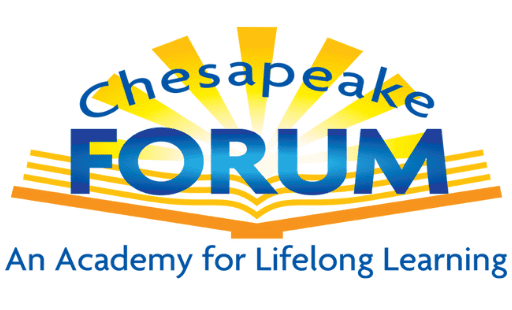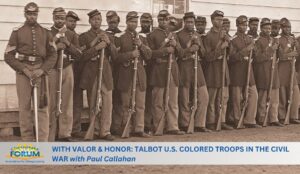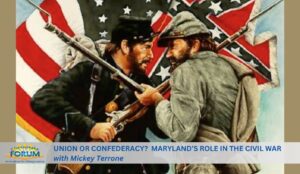The American political system is the work of a bunch of utopian pragmatists who rarely agreed on much. This course is a chance to decide if and how that matters today.
Politics can be messy, frustrating, and deeply personal. This course explores the origins of the American political system and its lasting influence on contemporary governance. We’ll examine why the Founders established the United States as a republic, unpacking the meaning and function of a republic and how those historical choices continue to shape the political landscape today. We’ll also explore why the system functions the way it does, untangling its complexities in a way that might make it a little easier to embrace the shared responsibilities of civic life. By understanding the intellectual and political foundations of the country, we’ll assess how those early choices still impact civic life and public discourse.
Beyond examining the origins of American politics, this course is a meaningful exploration of what it means to be a citizen—the obligations, privileges, and constraints that come with civic participation. Through participant-driven discussions, we will rethink the nature of politics itself and consider what it truly means to take part in the political process.
What to Expect:
Session 1: We will dive into the fundamental tensions and paradoxes woven throughout American political history—from our founding to today. By exploring the interplay between political institutions and civic behavior, we’ll develop a framework to critically assess history’s relevance to today’s political challenges and personal civic engagement.
Session 2: We will examine defining political moments of the 21st century, using them as a foundation for understanding contemporary governance. By engaging with views across the ideological spectrum, we’ll unpack the conflicting values, priorities, and ideals that define today’s political landscape. Topics will include representation, recognition, privacy, community, and dignity, as well as the legal structures, conventions, and norms that shape modern political dynamics.
This course is designed for anyone interested in making sense of America’s political heritage and envisioning its future. Join us in unpacking how history informs the present—and discovering where it might lead us next.




